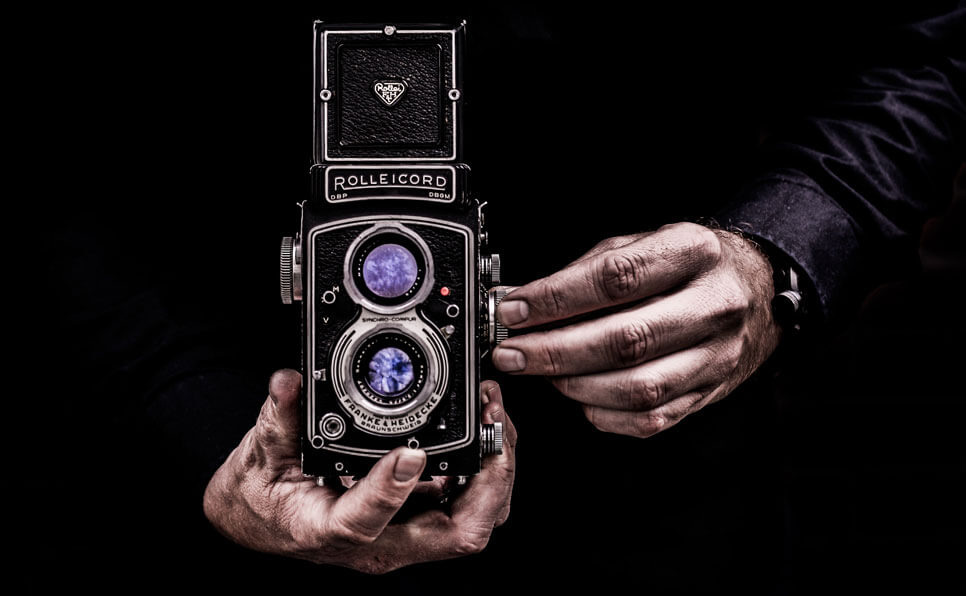Artificial intelligence has officially entered the screenwriting room. From outlining full screenplays in seconds to suggesting plot twists, dialogue, and pacing, AI writing tools are now a controversial—but increasingly common—part of the creative workflow.
“It’s not about replacing writers. It’s about giving them a different kind of collaborator,” says Leila Ramos, showrunner of the upcoming sci-fi series “Ether.”
Tools on the Rise
-
ChatGPT, Sudowrite, and ScriptBook are among the most used AI writing tools in indie and studio settings.
-
Some film schools are already integrating AI tools into screenwriting courses—for better or worse.
-
Agencies are split: some ban AI-generated scripts, others embrace them as drafts.
What AI can (and can’t) do in storytelling:
-
✅ Generate first drafts, character arcs, and genre templates.
-
✅ Offer variations on scenes or dialogue in seconds.
-
❌ Lacks emotional nuance, subtext, and cultural context.
-
❌ Can unintentionally replicate bias or cliché if unedited.
“AI gave me a solid structure—but I had to break it to make something human,” says Deniz Alkan, a Turkish filmmaker who used GPT-4 to write her film’s opening act.
What the industry is saying:
-
Writers Guilds are pushing for regulations and clear crediting rules.
-
Some producers love the efficiency, especially for low-budget or fast-paced projects.
-
Cinephiles worry it could water down originality and depth in storytelling.
Screenwriting with the Storylosopher Youtube channel 12 Mar 2023
AI Writing Screenplays – Future of Screenwriting Panel Discussion w/ @shorescripts






